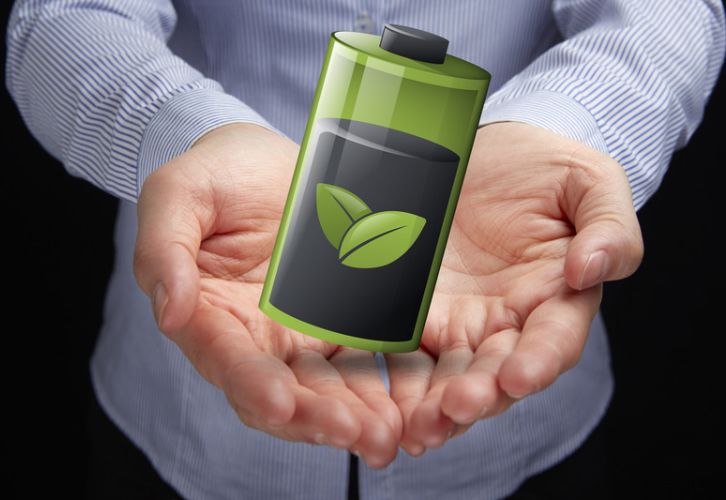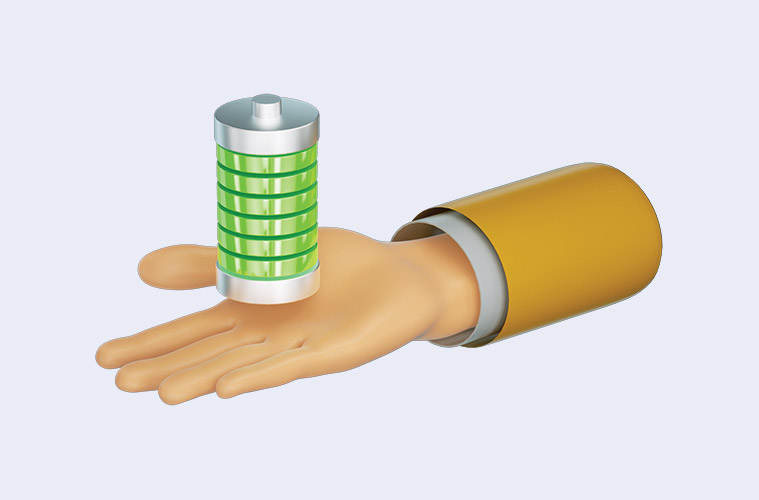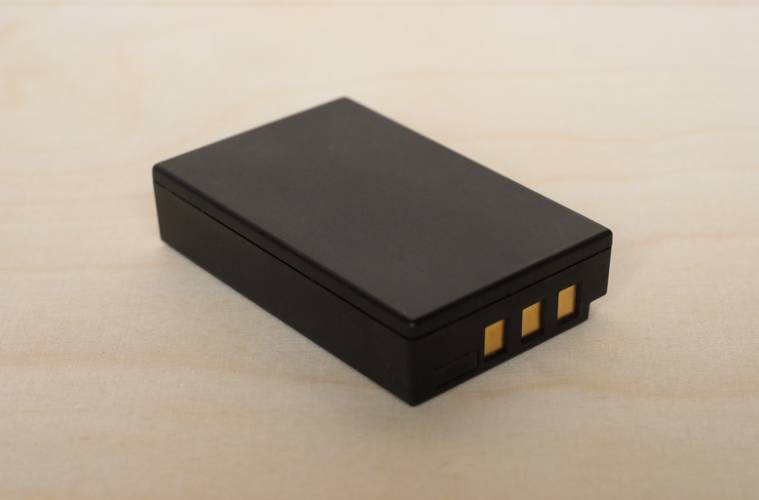
Rechargeable batteries might not repose suddenly, but the performance drains out with time. For maintaining battery health, one must implement a few steps towards healthier battery life. The manufacturers of the batteries promote daily testing of battery health and analyzers.
Turn Off the GPS receivers
The GPS receiver, interconnected with the two way radio, promotes overconsumption of the battery charge. If you turn off the GPS receiver, the battery life will get an instant boost. One other option could be getting the GPS activated by the field commander or dispatcher only when needed. The radio automatically utilizes less battery life and performance.
Battery Regenerators
All batteries go through the situation of memory effect. This affects the battery charging capacity and avoids complete charging. To prevent this, one can use battery conditioning chargers; these can recognize the memory effect and perform corrective measures. If not, the one can discharge the battery completely before recharging it.
Avoid Constant Charging
Refrain from leaving the batteries on charge for longer periods, this will have adverse effects on the battery abilities. With continuous charging, the battery life will degrade quicker than the batteries which are used with precautionary measures.
Substitute Old Batteries
Even after carefully using and charging the batteries, they might give up after a particular period. Make sure to keep a close check on the battery life, as they might die without forewarning causing damage to the electronic device or gadget. The batteries should be replaced after every 18 months; mainly if they are used and charged regularly.
Why is Battery Temperature related To Battery Life?
The battery temperature, while storing or using, should be maintained to keep up the performance of the two way radios and the battery. The batteries are known to function their best when kept in room temperature. The batteries recharged in hot surroundings, they might last 25% lesser even with a complete charge. While in colder surroundings, this number might rise to 50%. One must discharge the battery completely then bring it to the room temperature before plugging them in for a charge.
Safety Precautions
Keep in mind that these batteries have chemicals under their protective seals; these can be harmful under all circumstances. While in normal conditions, the battery may remain intact. But slight neglect can prove out to be injurious. Remember these precautions:
- Prevent overcharging of the battery at higher currents as this leads to swiftly growing gas generation and pressure. This will result in a swelled or ruptured battery.
- Never dismantle the battery body or parts. As stated, the chemical composition of the battery can be toxic for the skin and health.
- Avoid battery short circuits. Ensure that it remains disconnected from the charger when not in use. The short circuit can lead to serious damages and burns to the operator as well as other resources.
- Never use fresh and old or different batteries together, this can lead to serious and expensive causalities.




